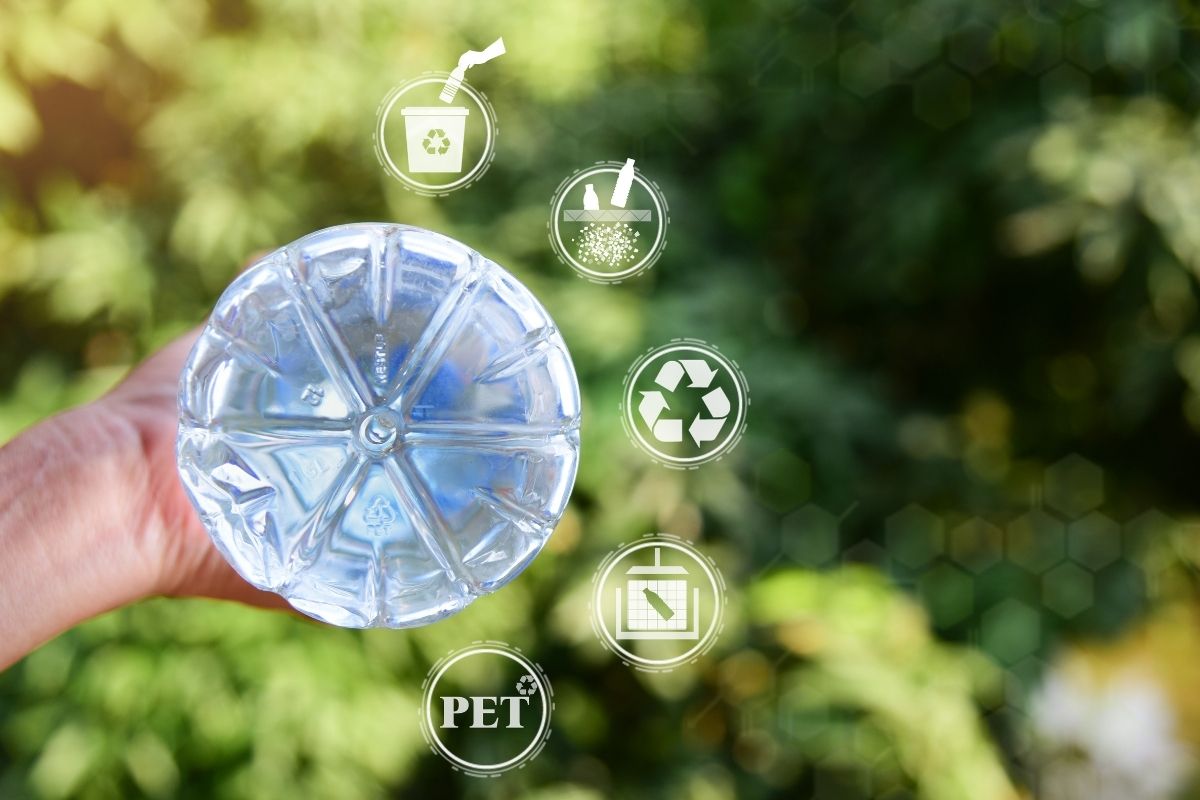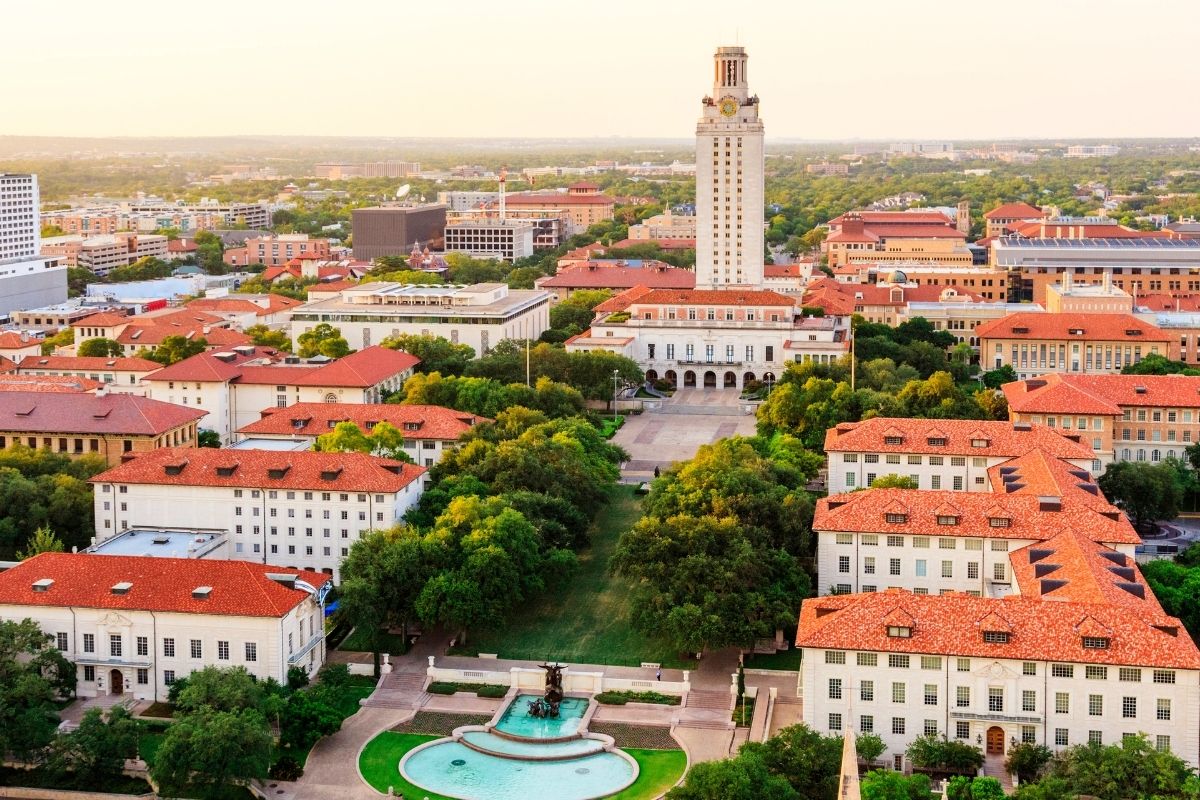The goal of the research is to help the world overcome its growing struggle with plastic trash.
Artificial intelligence is playing a considerable role in conducting research into the technology being sought to help overcome the plastic waste crisis around the world.
The AI has been used to help develop an enzyme that will break plastic down in weeks, not years.
Plastics are used for everything from kids’ toys, toothbrushes, toiletries and food packaging, among many other things. Due to the cost of recycling, among other factors, only a tiny fraction of those items is recycled, with the rest ending up in landfills, on land and in waterways and oceans. Unfortunately, those items will still be around for hundreds of years as they break down exceptionally slowly. The items we throw away are expected to outlive us many times over.
Researchers from the University of Texas at Austin have used artificial intelligence to develop an enzyme able to break down plastics in about a week. This could be a complete game changer when compared to the hundreds of years that would otherwise be required.

Polyethylene terephthalate, better known as PET, is the strong, clear, lightweight plastic used in food and beverage packaging as well as for many other products. Also known as polyester, it makes up about 12 percent of the plastic waste worldwide. The type of progress made possible with the AI indicated in the Nature journal by the University of Texas team, that it could help to make a difference in reducing the amount of that plastic that goes to waste.
The artificial intelligence technology was integral to the development of the plastic degrading enzyme.
“One thing we can do is we can break this down into its initial monomers,” said one of the paper’s authors Hal Alper, as quoted in a Singularity Hub report. “And that’s what the enzyme does. And then once you have your original monomer, it’s as if you’re making fresh plastic from scratch, with the benefit that you don’t need to use additional petroleum resources.”
The artificial intelligence created an enzyme that will help to break the plastic back down into its original molecular components, which means that it will essentially become a new plastic that can be used again.

